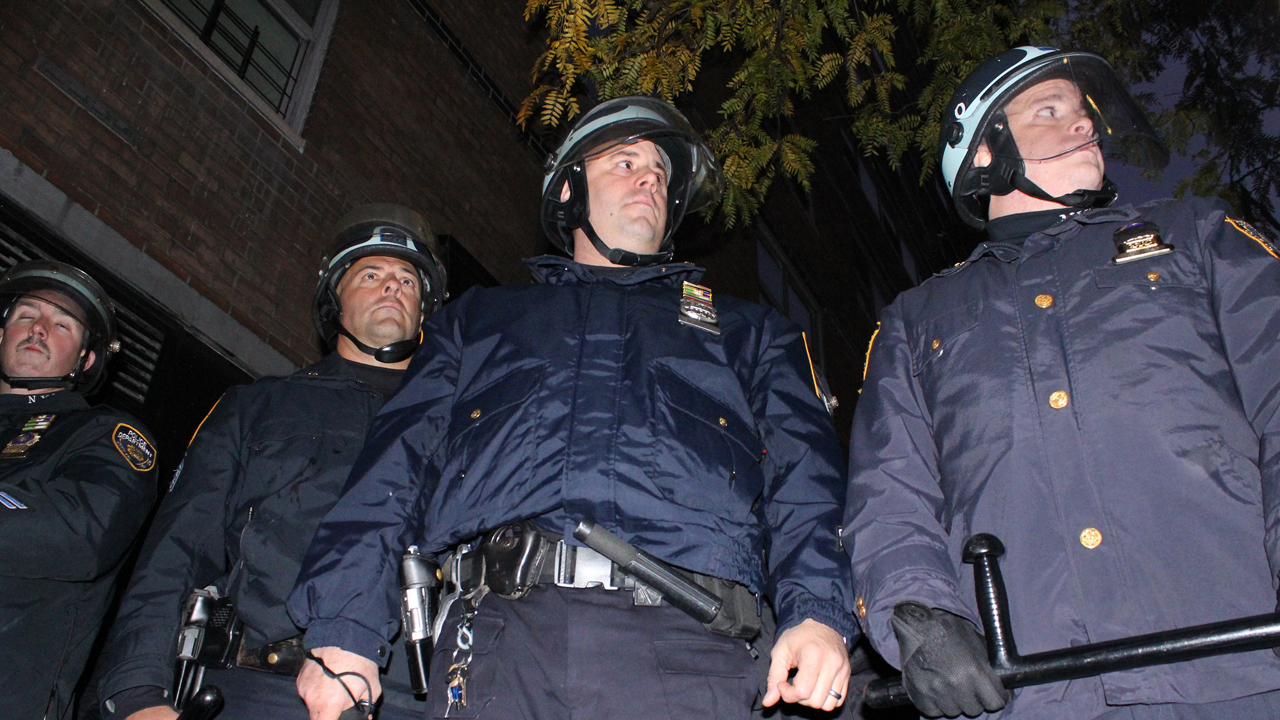The NYPD’s unconstitutional stop-and-frisk practices are sabotaging mental health.
A new study, published Thursday, surveyed men aged 18 to 26 (mostly black and Hispanic, as they are statistically most likely to be stopped by the police) in 37 neighborhoods (mostly those where stop-and-frisks are most common). It revealed that those who have been stopped by the police “had elevated anxiety levels and other trauma from the encounters.”
The study, conducted by the American Journal of Public Health, concluded:
Although proactive policing practices target high-crime, disadvantaged neighborhoods … our findings suggest that young men stopped by the police face a parallel but hidden disadvantage: compromised mental health…
Our findings suggest that any benefits achieved by aggressive, proactive policing tactics may be offset by serious costs to individual and community health. Less invasive tactics are needed for suspects who may display mental health symptoms and to reduce any psychological harm to individuals stopped.
There are some concerns about the study (exaggerated experiences, prior mental health issues), but surely, it warrants further research on the particular adverse consequences of stop-and-frisks.
Anxiety was most pronounced among those who had “more intrusive encounters,” which correlates with the NYPD’s own findings. Some reported experiencing post-traumatic stress disorder symptoms, attempts to “remove the time they were stopped from memory” and continuous restlessness and nervousness. (Photo: @tshen91)


